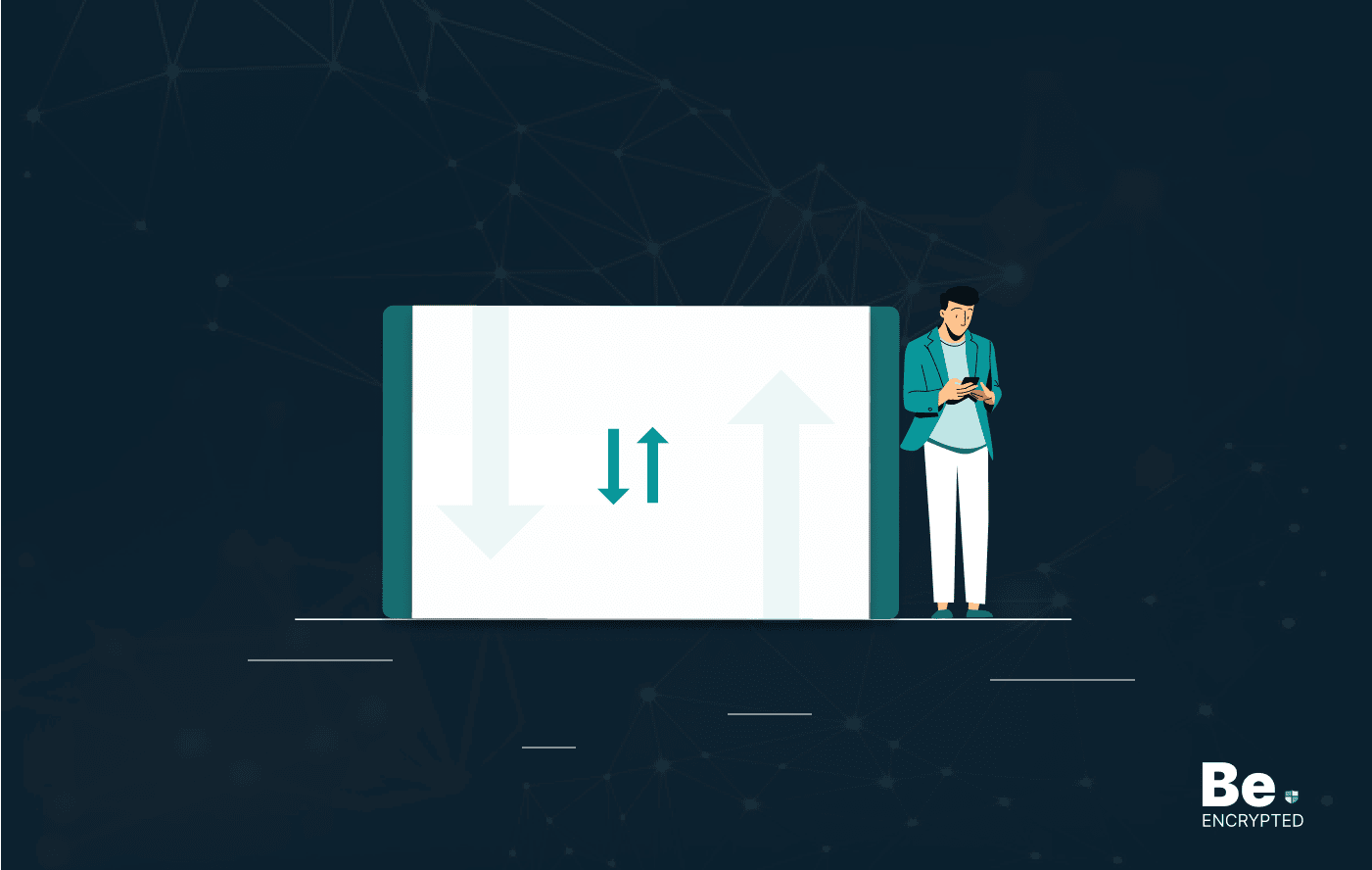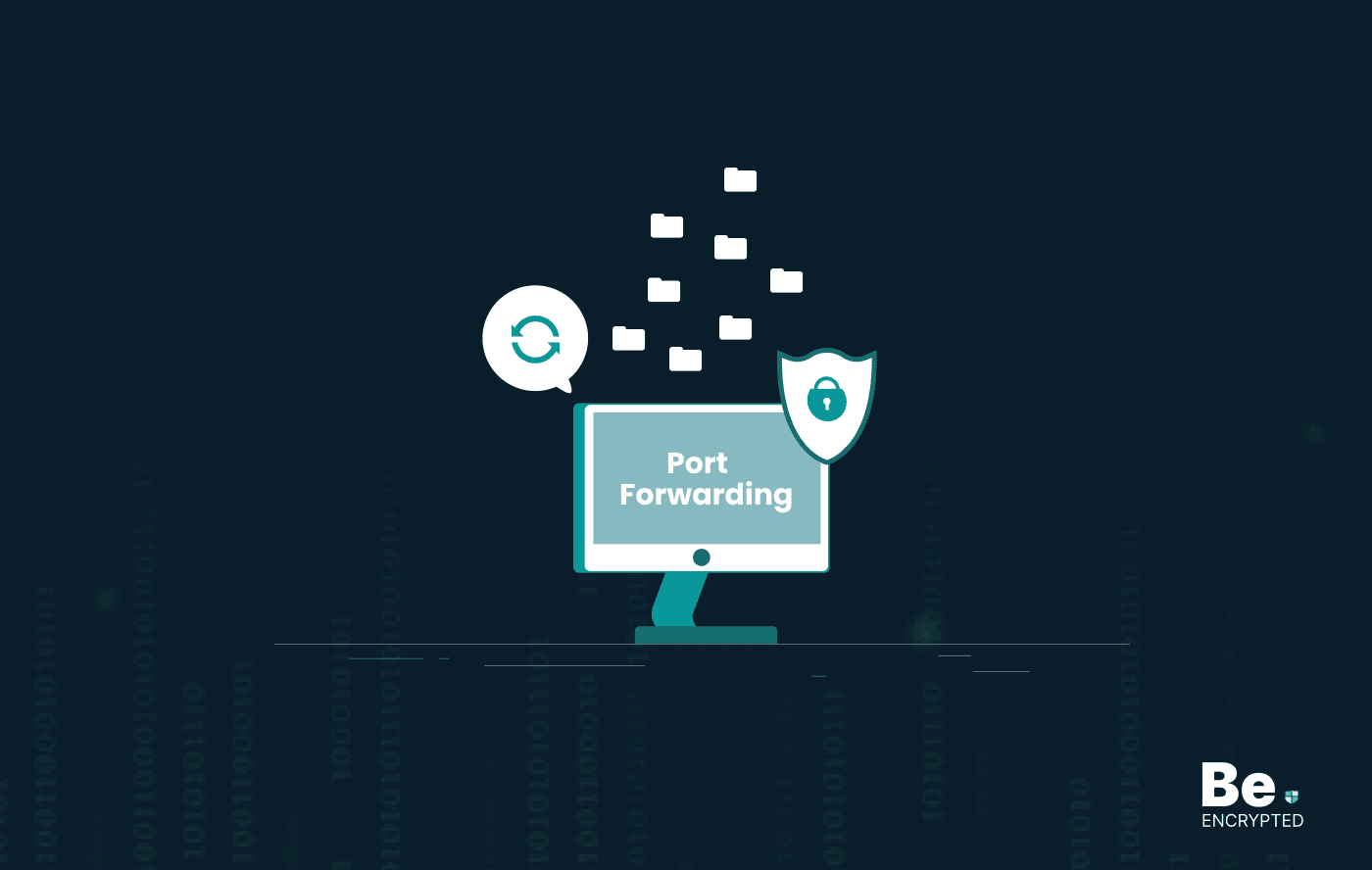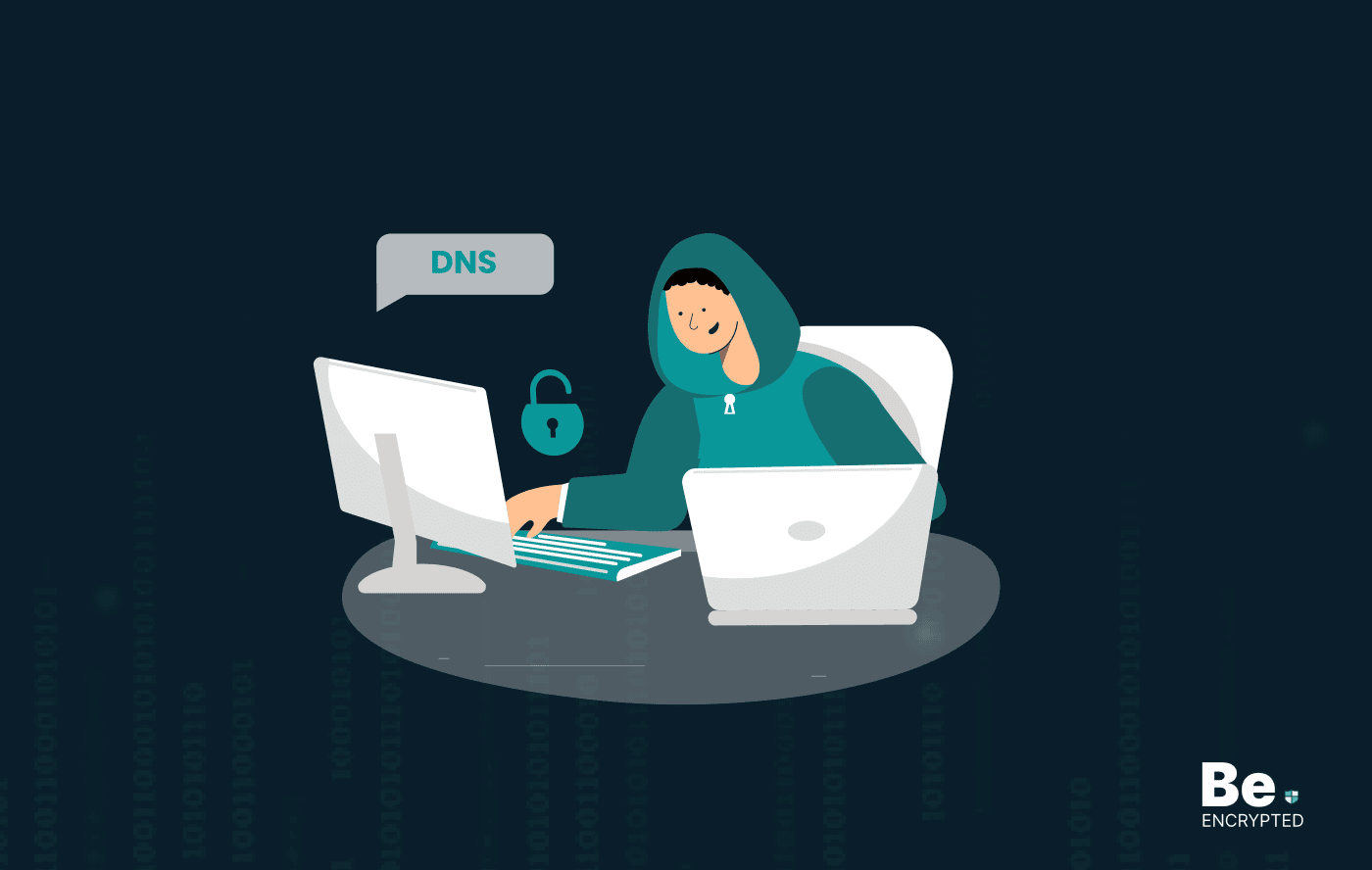VPN, Antivirus, and Firewall are the most important tools to protect your online privacy. However, all these tools are different from one another.
- Firewall: It is a software or hardware that protects the operation from external intrusions and threats.
- Antivirus: It is a software that works a security guard and protects your device from various malware and viruses.
- VPN: A VPN encrypts your online traffic, hides your IP address, and lets you bypass geo-restrictions.
More often than not, most people tend to forego their devices’ security for pure confusion.
With terms such as ‘Firewall,’ ‘VPN,’ and ‘Antivirus’ thrown into every conversation about cyber-security. The ordinary person is bound to get confused about what preventive measures they should take against the arsenal of malware and cyber crimes targeting them.
Well, those people are in for a good time today. Our article covers everything you need about Firewalls, VPNs, and Antivirus software. Moreover, you will also be able to differentiate them.
What is a Firewall
In essence, a Firewall is a necessity for any computer. It’s an operating system and integrates the following features:
- A firewall is any software or hardware that protects the operation from external intrusions and threats.
- A firewall functions by surveilling incoming and outgoing traffic through a network.
- It secures the operating system by blocking malicious programs and preventing access to unsecured websites.
- Firewalls allow certain data packets to pass through by checking them against a set of rules.
- Firewalls work according to a predetermined set of rules; thus, they cannot independently identify what is harmful or not.
What is an Anti-virus software
Antivirus software can be considered the first line of defense regarding your computer’s security. Typical antivirus software has the following features:
- An antivirus works primarily by identifying and removing harmful and malicious threats.
- Antivirus targets a much broader range of threats to a device’s safety. It includes trojans, viruses, malware, and spyware, to name a few.
- The antivirus targets threats by utilizing signature/code and behavior analysis, which allows the antivirus software to identify malware and threats.
- The functions of antivirus software are usually provided through a third-party source.
- To ensure the installed antivirus program runs smoothly, users must update it frequently. Failing to do so might open up vulnerabilities that were not present before.
What is a VPN
A Virtual Private Network (VPN) helps protect the user’s identity when they are online and consists of the following features:
- A VPN encrypts all of its users’ network traffic to prevent sensitive information from being seen by third-party sources.
- While using a VPN, users can bypass certain geo-restrictions and restricted access sites in their country.
- The VPN provides a level of anonymity to the user. VPN hides users’ IP addresses, which usually contain information about the user’s identity and location.
- VPN also protects you while using public Wi-Fi, which has a significantly greater number of threats than personal or home Wi-Fi.
What are the differences between a Firewall, Anti-Virus, and VPN
If you’ve made it this far in the article, you’ve developed a good understanding of how the three most common defenses against cyber crimes and malware work.
However, as stated initially, you might still be confused about what software to install on your device.
The differences between the three preventive measures are mentioned below to clear any more doubts. Hopefully, the information provided below will help you understand the matter.
Difference between VPN and Firewall
- A VPN and a firewall don’t allow users to impose or configure malware settings like a Firewall does.
- Moreover, the Firewall functions to block certain types of network traffic (as requested by the user). In contrast, the VPN generally works and provides a secure ‘tunnel’ for the entire network’s communication.
Difference between VPN and Antivirus
- VPNs allow their users to forego the limitations of governments or ISP. It enables the users to access restricted content, while firewalls and antivirus software don’t.
- Antiviruses are designed to detect and prevent malicious software from corrupting a device’s OS. On the other hand, VPNs encrypt all network communication and provide anonymity to a certain degree.
Difference between Firewall and Antivirus
- A firewall can only block specific programs that it deems harmful according to the predetermined conditions configured by the users. However, antivirus software performs a complete scan throughout the device and catches on things a typical firewall might have missed.
- Another less noticeable difference between an antivirus and a firewall is that a firewall can be implemented in hardware or software, while an antivirus can only be implemented as software.
Which software you should choose?
Now that you’ve familiarized yourself with the differences between Firewall, VPN, and Antivirus software, you might see some clarity in choosing what software to install to secure your devices.
Well, the answer to that question is pretty simple.
All the software mentioned above, including a firewall, antivirus, and VPN, work best when they complement each other.
So, to enhance your operating system’s security, ensure you have robust firewall software. Also, the highest quality antivirus software protects your computer from malware and other threats, such as hacking.
To maintain your anonymity while browsing through the web or securing your privacy, you could use a VPN.
Share this article
About the Author
Rebecca James is an IT consultant with forward thinking approach toward developing IT infrastructures of SMEs. She writes to engage with individuals and raise awareness of digital security, privacy, and better IT infrastructure.
More from Rebecca JamesRelated Posts

What is VPN Split Tunneling and How Does it Work?
Split tunneling is a VPN feature for anyone accessing foreign networks while connecting to their LAN...

What is VPN Encryption? It’s Types and Algorithims
Encryption is a method for enhancing the security and privacy of sensitive data or information that ...

Why is Opera VPN Not Working? How to Fix Opera VPN?
KEY TAKEAWAYS Opera VPN is a proxy service, not an actual VPN. That’s why it doesn’t wor...

A Guide to Choosing the Right VPN for Downloading
How to hide downloading files from ISP? From the very start of the hilarious popularity of P2P file-...

What is Port Forwarding and How Does it Work?
Port Forwarding is a technique for redirecting computer signals between the local network and the In...

What is DNS Hijacking? How to Prevent and Fix it?
DNS Hijacking, also known as DNS Redirecting or DNS Poisoning, is a strategy used by cyber pillagers...


